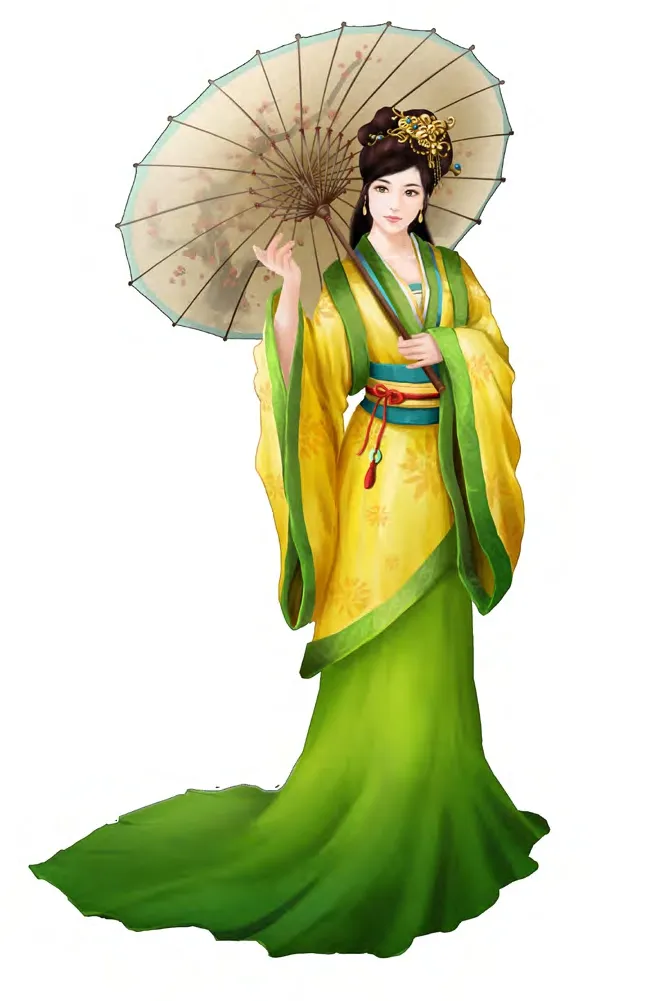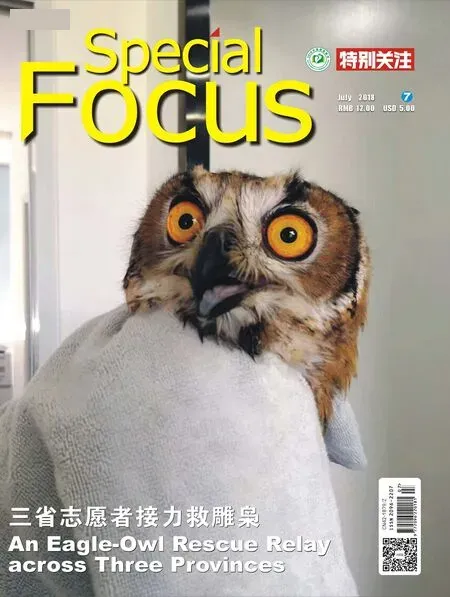jiāo
By Huang Lu & Zou Xinsheng

The Shuowen Jiezi (Origin of Chinese Characters),the first comprehensive etymology dictionary of Chinese characters, defines the character娇 (jiāo) as “lovely and attractive,”making it perfect choice to depict a fair maiden. The oft-quoted idiom 千娇百媚 (qiānjiāobǎimèi)perfectly epitomizes the character’s meaning, which describes a lady of bewitching charm.
According to Xinhua Dictionary, the character 娇combines two parts, the left radical (or “determiner”) is女 (nǚ), meaning “woman” in Chinese and the right phonetic component (or “rebus”) is 乔(qiáo), meaning “tall, high,”from which people can deduce that the character 娇 is related to femininity.
Chinese characters, especially the more useful or the more profound, often possess multiple meanings and readings,and the character娇 is no exception. Besides the sense of“attractive and lovely,” 娇 also refers to “pampered.” As the famous idiom goes, 娇生惯养(jiāoshēngguànyǎng) denotes a child is spoiled and brought up in luxury and ease. The current hot-button issue in China is that of the one-child policy that leads to the excessive pampering of an only child and the poor moral character imparted as a result.This very issue is actually going to be addressed by the new two-child policy.
Another widely-used connotation of娇 is “delicate.” For instance, a baby’s skin can be interpreted to be 娇 嫩(jiāonèn), i.e. “tender and soft.” 娇 小玲 珑 (jiāoxiǎolínglóng), the meaning of this particular idiom being selfevident, describes a dainty lass. These are the best examples for that meaning.
Besides describing a young woman,娇 can also be used on birds. It is well illustrated in the verse quoted from a sonnet from the famed Tang “Poet Sage” Du Fu, 自在娇莺恰恰啼 (zìzài jiāo yīng qiàqià tí), i.e. “The sweet melodies of the birds sung freely.” Through the usage of 娇, people may perceive the spiritual similarities between a bird and a young lady.
It is probably because of its marked feminine implication that the character娇 has been widely used in girls’ names.And the most famous example is陈阿娇 (chén ājiāo), the wife of Emperor Wu of Han (157-87 BC).


